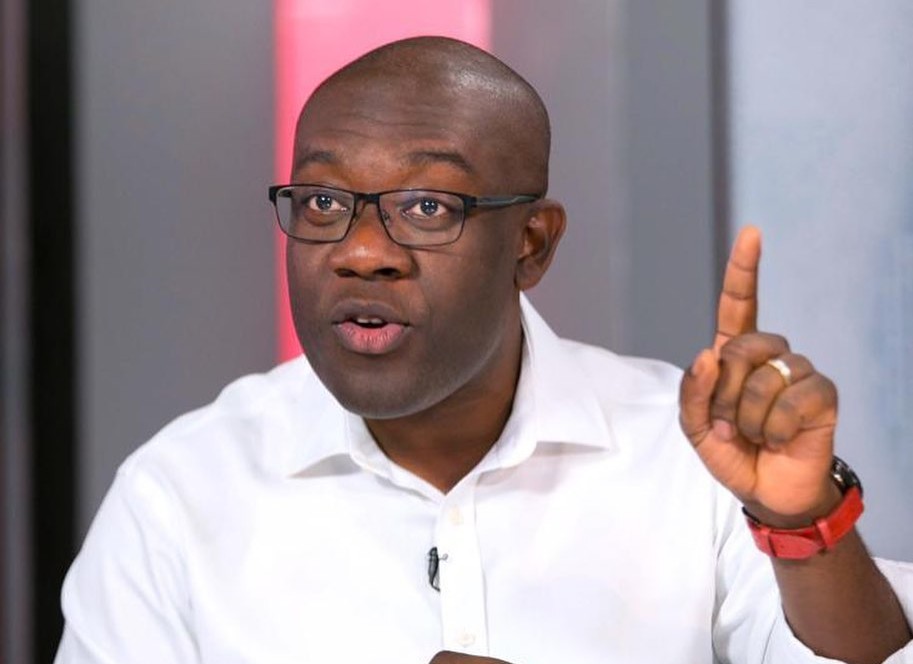Accra, Ghana — For a growing number of Black Americans, Ghana isn’t just a travel destination. It’s home.
From Los Angeles to Atlanta, New York to Chicago, thousands of African Americans are choosing to relocate not temporarily, but permanently to the West African nation.
What started as a wave has become a movement, driven by more than just a desire for tropical weather or affordable living. It's about healing. It's about history. And for many, it’s about finally feeling whole.
From Visit to Return: The ‘Year of Return’ Effect
In 2019, Ghana declared its Year of Return, commemorating 400 years since the first enslaved Africans were taken to what would become the United States. It was more than symbolic.
The government extended a direct invitation to the African diaspora to “come home.” Celebrities like Idris Elba, Boris Kodjoe, and Naomi Campbell took part. But more importantly, so did thousands of everyday people.
Since then:
- Over 1.5 million members of the African diaspora have visited Ghana.
- Hundreds of African Americans and Afro-Caribbeans have obtained citizenship.
- New diaspora communities have emerged in areas like East Legon, Cape Coast, and the verdant hills of Aburi.
The government has since launched Beyond the Return, a 10-year follow-up initiative aimed at turning this influx into sustained engagement, investment, and nation-building.
Why Ghana? Why Now?
The reasons Black Americans are leaving the U.S. vary but several key themes echo again and again.
1. Racism Fatigue
Many are seeking relief from the constant strain of systemic racism, police violence, and the emotional labor of navigating life in predominantly white societies.
2. Cultural Reconnection
Ghana offers something many Black Americans never had: a sense of ancestral connection. It’s not just the historical slave dungeons in Elmina or Cape Coast — it’s the names, languages, traditions, and music that feel eerily familiar, yet painfully distant.
3. Opportunity
Some find that Ghana offers professional freedom, space to create, and fewer racialized barriers to entry. Entrepreneurs, educators, and creatives are launching new ventures — from tech startups and art studios to vegan cafés and eco-tourism lodges.
The Reality on the Ground
While the dream is real, so are the challenges.
- Bureaucratic red tape can frustrate newcomers trying to secure residency, register businesses, or import goods.
- Cost of living surprises many, especially in Accra where housing in popular neighborhoods is skyrocketing.
- Cultural adjustments — from language barriers to differing social norms can require patience and humility.
Still, most returnees stay and thrive. A growing network of diaspora-led support groups, businesses, and community events helps newcomers navigate the transition.
A New Diaspora Footprint
Returnees are reshaping Ghana in visible ways:
- Real estate prices in areas like East Legon and Cantonments have soared, driven in part by diaspora demand.
- Cultural events like Afrochella (now Afrofuture), Black Star Line Festival, and diaspora wellness retreats are drawing global attention.
- Dual citizenship and land ownership laws are being reevaluated, as calls grow for clearer, fairer policies for the diaspora.
Some Ghanaians welcome the change, viewing it as an economic and cultural boost. Others raise concerns about gentrification and cultural disconnect. The challenge now is ensuring that this reconnection benefits everyone — returnees and locals alike.
More Than a Trend — A Return to Self
What’s happening in Ghana is bigger than migration. It’s about reclamation — of identity, dignity, and a sense of place.
Thinking of Moving? Here’s Where to Start:
- Visit first. Spend extended time — not just a vacation — to get a feel for life on the ground.
- Connect with groups like the Ghana Diaspora Homecoming Movement or the African American Association of Ghana.
- Invest in learning. Understand local culture, customs, and laws before making major moves.
• Build relationships. Don’t isolate in diaspora-only circles — integration is key












